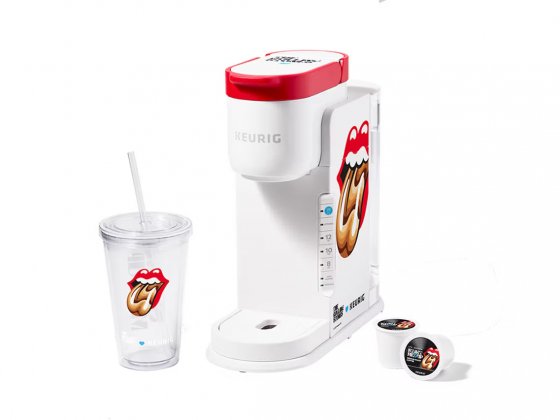The company's internal presentation contains data that more than 60% of all products do not meet healthy standards.
The Swiss food conglomerate brings a wide range of products to the market. But among the huge portfolio of products, most of them do not correspond to the norms of healthy products in the accepted sense.
This is exactly what the internal presentation of the company, which has become available to the general public, claims. A document cited by the Financial Times claims that more than 60% food and beverages Nestle do not meet the "accepted definition of health" standards. Moreover, it is recognized that some of these products simply cannot be made healthy, some categories of snacks and drinks are simply by definition harmful to one degree or another.
According to the presentation data, only 37% products (not including pet food and health food products) managed to rise above the 3.5 point score on the Australian health scoring system. In total, in this system recognized by many world organizations, a product can score 5 points, and an indicator of 3.5 is considered the threshold value below which products are recognized as “unhealthy”.
The health score varies across food categories. Among the Nestle product portfolio, water and dairy products demonstrated the best indicator of health, about 82% of water and about 60 dairy products managed to overcome the threshold and can be considered healthy. But in the category of confectionery and ice cream, everything is much worse, about 99% products here do not meet the standards of healthy. As for drinks, excluding pure coffee, 96% of them are recognized as “unhealthy”.
The company collects such data not just for research purposes. Growing healthy eating and anti-obesity trends around the world are causing major manufacturers to think about changing the status quo and redefining their product range. The presentation, which was intended for the management of the conglomerate, says that Nestle is working on its plans to improve the situation. Already in 2021, the company plans to announce its commitments to the production of more “healthy” food products.










